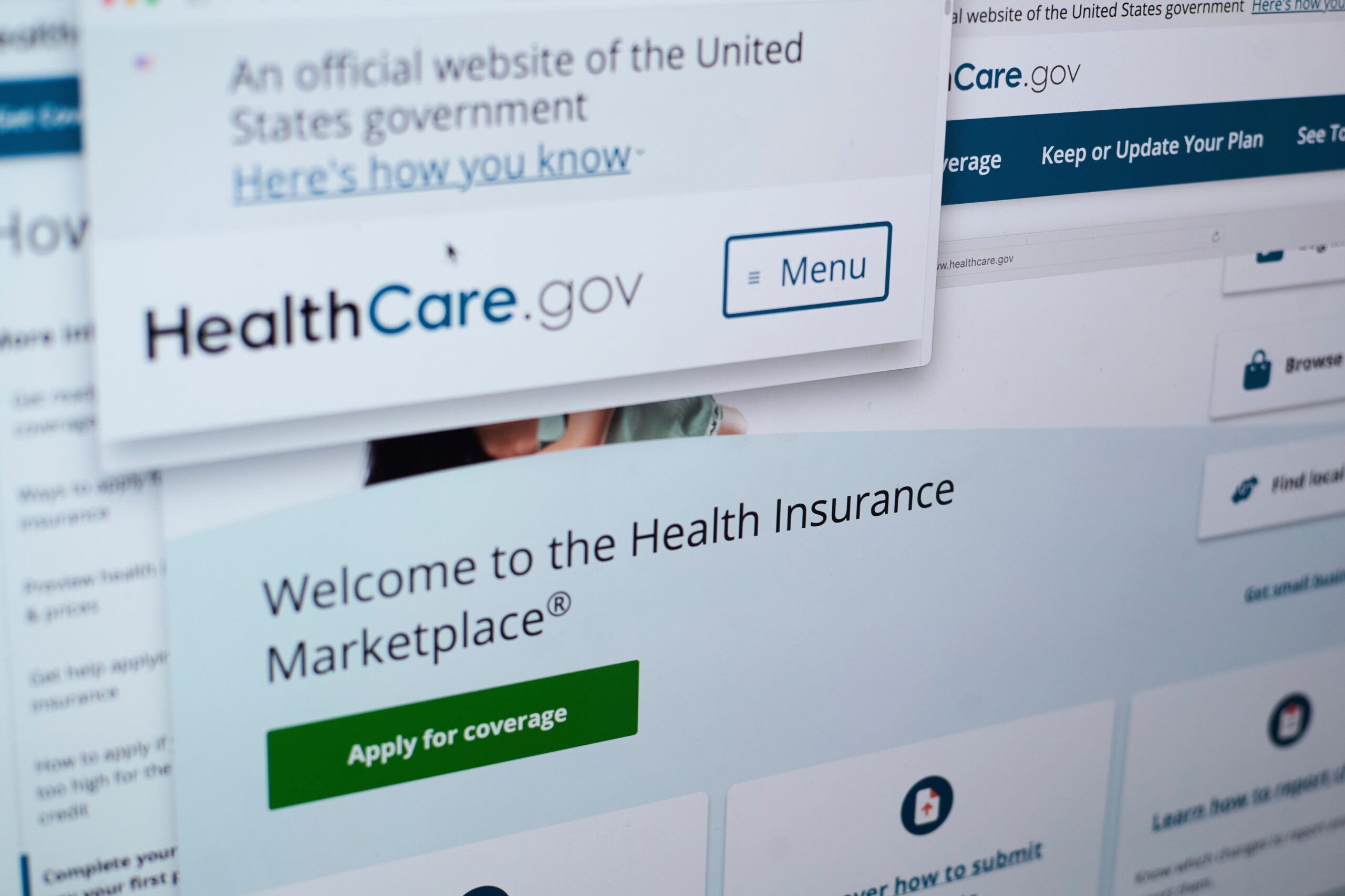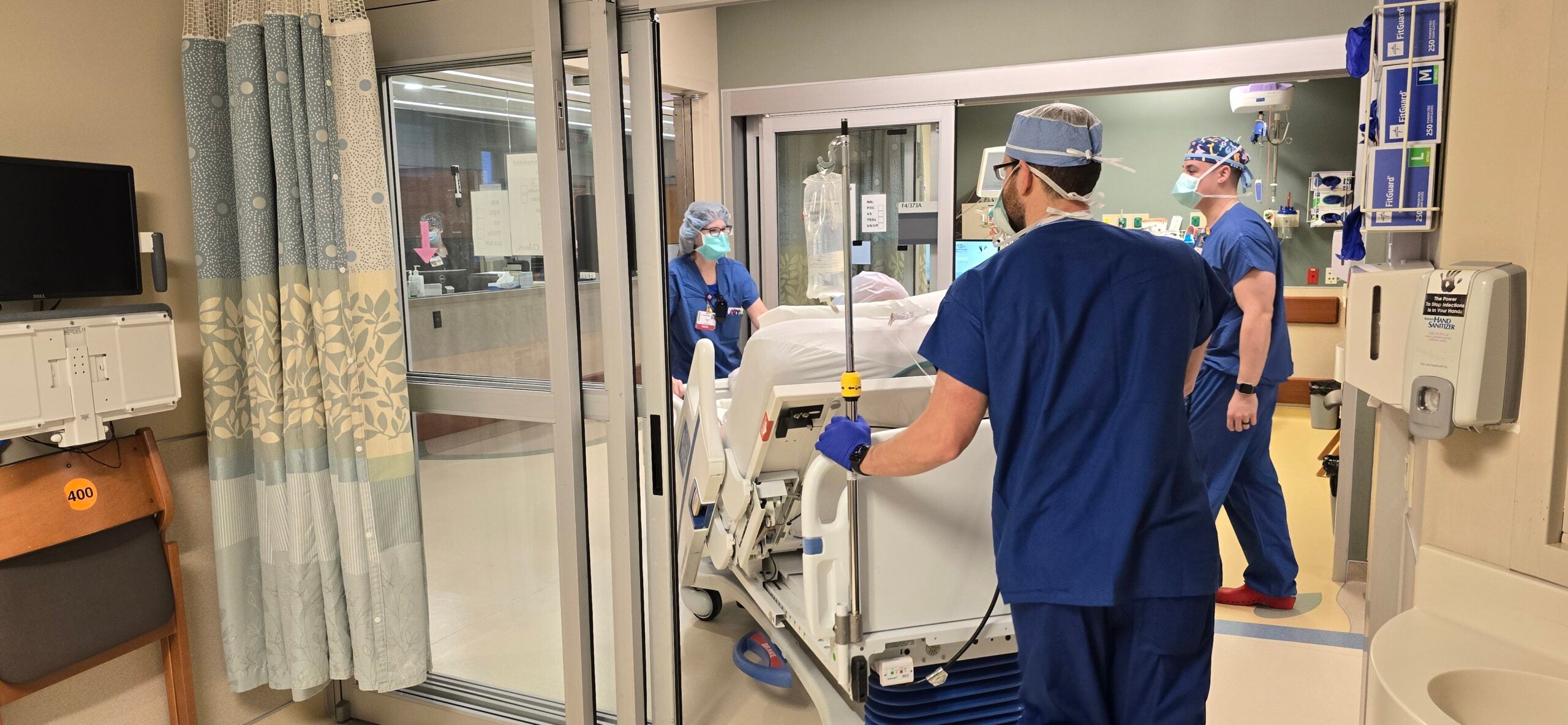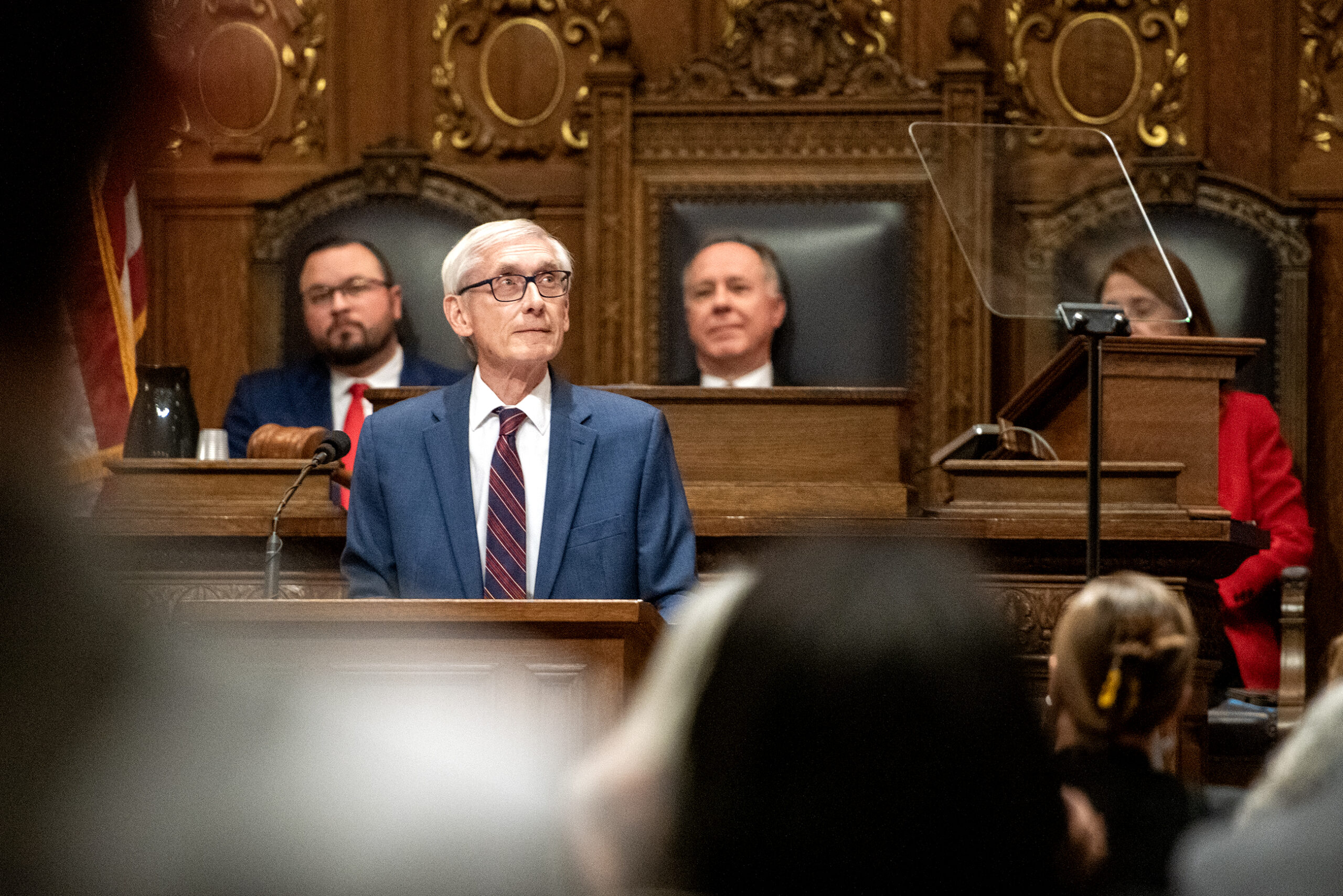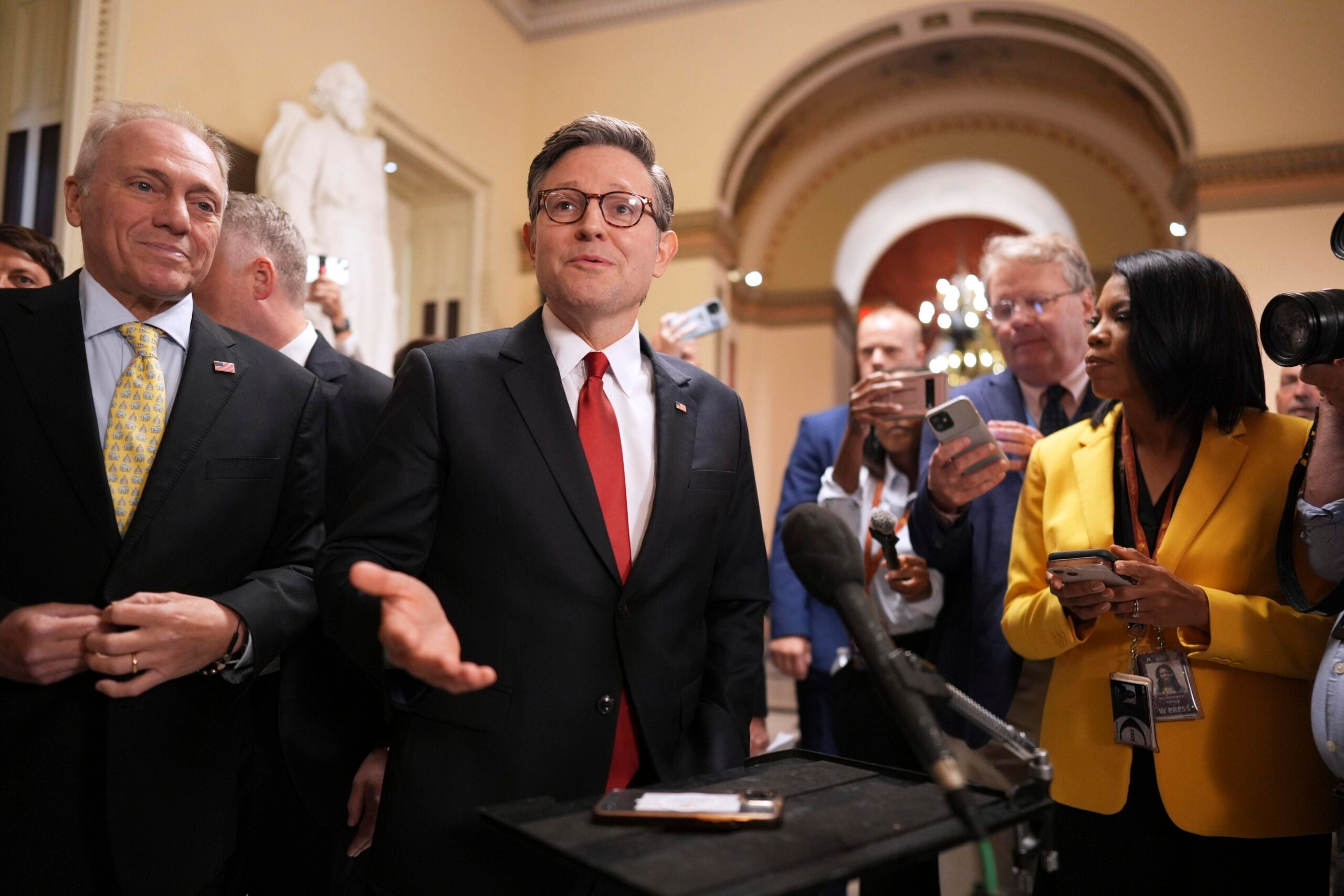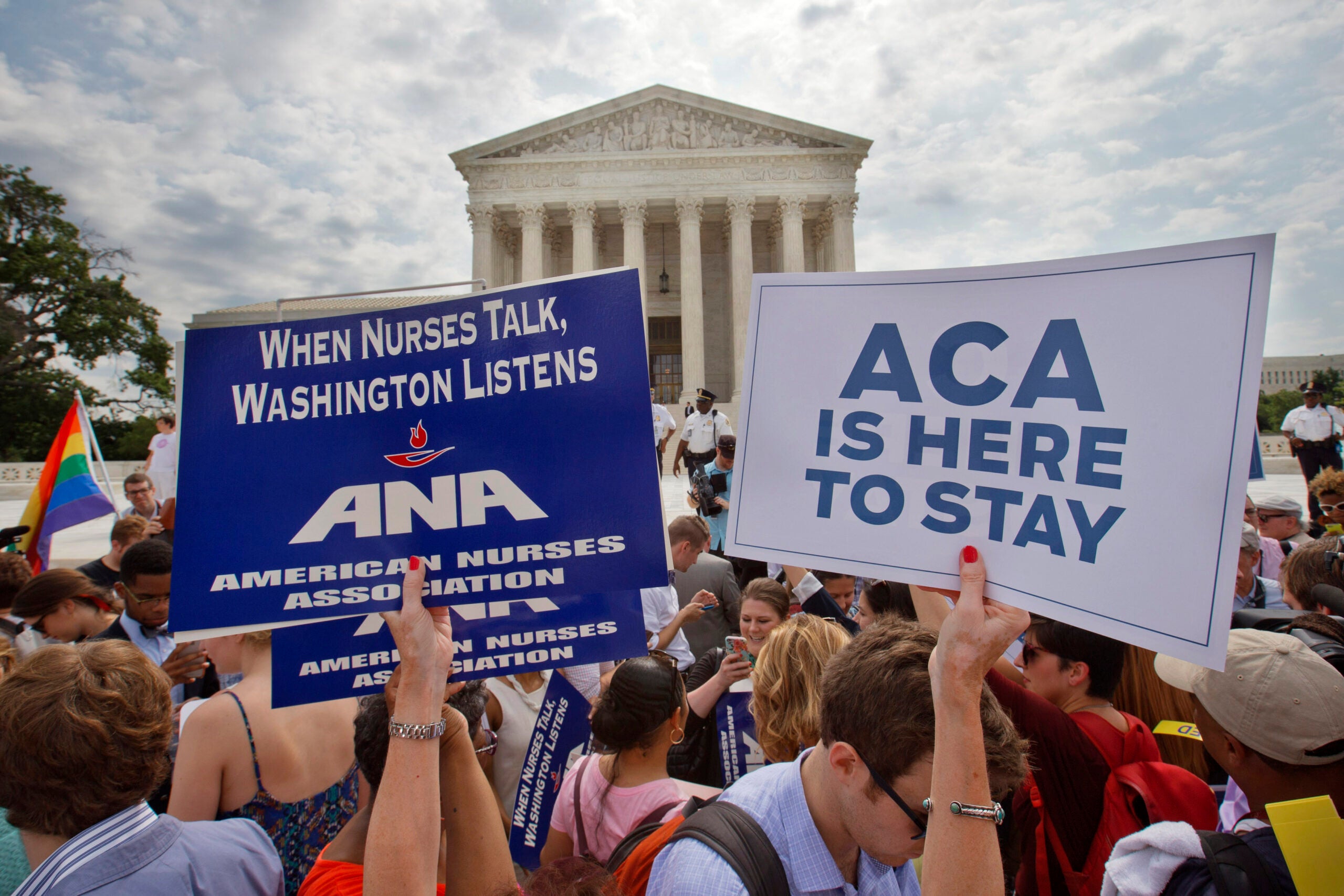Regardless of which party wins the next presidential election, the Affordable Care Act is here to stay, tax credits for purchasing insurance will likely continue, and more hospitals could close if there isn’t a change in Medicare reimbursement rates.
Those were the takeaways from a panel of health care experts and state legislators organized by Wisconsin Health News.
The Republican Party’s 2024 platform released Monday does not mention the 2010 health care law.
News with a little more humanity
WPR’s “Wisconsin Today” newsletter keeps you connected to the state you love without feeling overwhelmed. No paywall. No agenda. No corporate filter.
“I think it’s notable, assuming this holds going forward, that the ACA was not mentioned” after Republicans spent years talking about repealing and replacing the law, Wisconsin Hospital Association CEO Eric Borgerding said.
Brad Wolters, the director of federal government relations for the Marshfield Clinic Health System, said prescription drug prices will be a focus for whichever party wins the White House.
“But where it happens between the two potential administrations (will) be very different,” Wolters said.
John Nygren, executive director of Wisconsin Association of Health Plans, agreed that both parties are likely to focus on drug prices.
“Perhaps that $35 cap on insulin could be utilized for other drugs as well,” Nygren said, if President Joe Biden is reelected.
The enhanced tax credits for purchasing insurance in the ACA marketplaces, which were enacted in 2021 and extended in 2022, are set to expire on Dec. 31, 2025.
“Most politicians do not want to be labeled as raising individuals’ health care costs or their premiums,” Nygren said, who is a former Republican member of the Wisconsin Assembly.
“I can see them being tweaked,” he said of the tax credits. “I cannot see them being repealed. I think tax credits will be in existence moving forward.”
State Sen. LaTonya Jackson, D-Milwaukee, said she is worried about additional hospital closures in the state.
“We have recently seen the closure of two hospitals here in Wisconsin, Eau Claire and Chippewa Falls. And then those patients, when those hospitals close, are going to have to go somewhere,” Jackson said.

“And that means for those hospitals that have 50-plus percent Medicaid, 70 percent in some of the areas that we saw closed, that burden is gonna then transform to other hospitals, to other clinics,” she continued.
Borgerding said part of the reason for the hospital closures was payer mix, or the percentage of patients on Medicare and Medicaid compared to the number on private insurance.
“Do we change payer mix by putting more people onto Medicaid or do we improve the impacts of payer mix by improving reimbursement for those patients that a lot of other healthcare providers simply will not see? That is what’s causing a lot of the pressure on hospitals right now,” he said.
Lawmakers may have to look at private equity-backed medical centers that attract patients with private insurance away from struggling hospitals, Borgerding said.
Some hospitals are being reimbursed up to 74 percent of the cost of treating three quarters of their patients, he said.
“That has a very perverse and skewing effect on the so-called free market in healthcare,” he said.
Wisconsin Public Radio, © Copyright 2025, Board of Regents of the University of Wisconsin System and Wisconsin Educational Communications Board.



